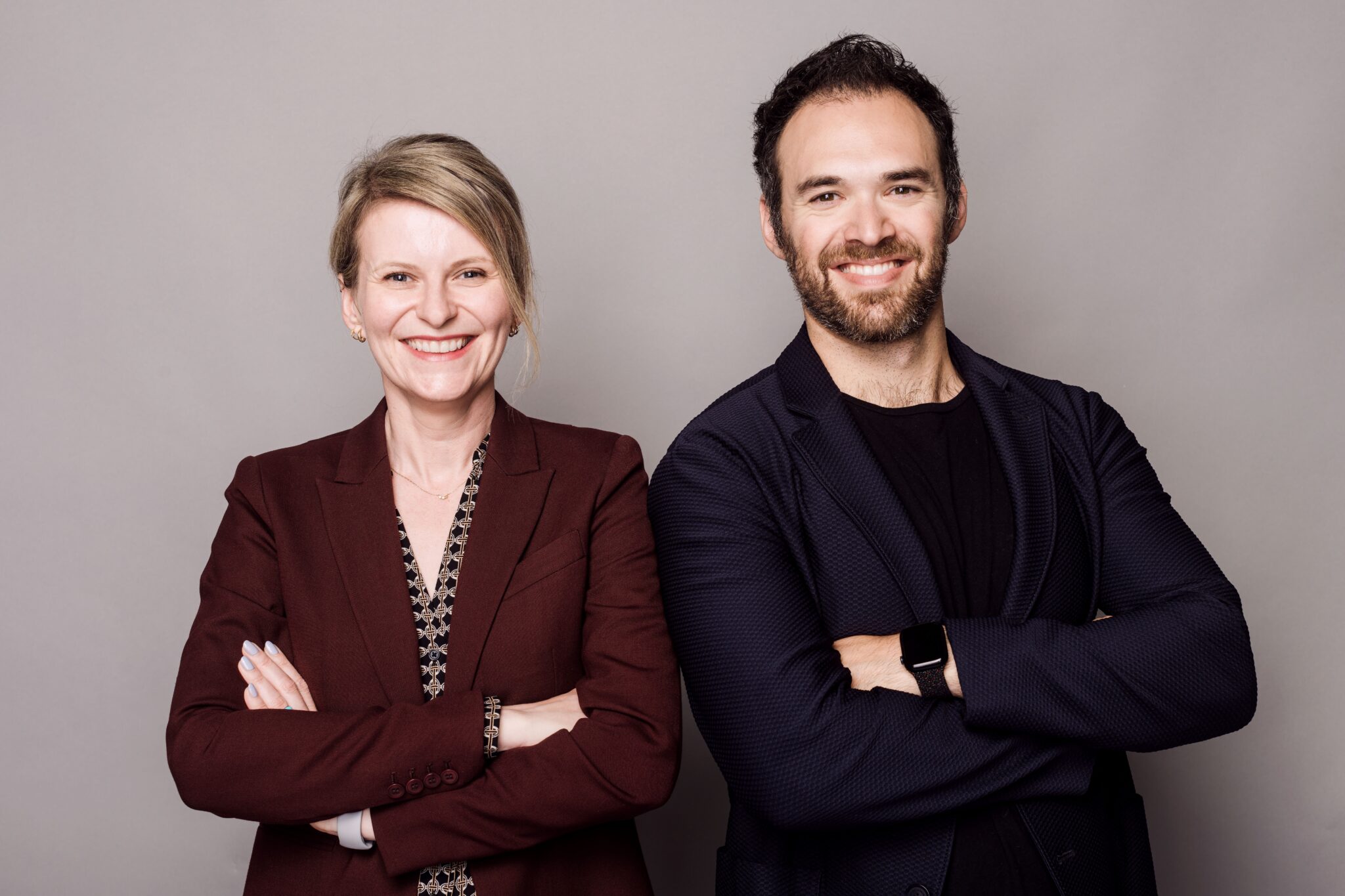The path for building new technology is never straightforward. Exploring new ideas, new approaches, and new business models means navigating paths that ultimately don’t bear fruit. At Astera, we believe in shining a light on what it takes to explore these paths, opening up the process and providing catalytic resources for people navigating at the edge of emerging technologies.
This includes opening up about aspects of the journey that no one really wants to talk about.
90% of startups ultimately fail, a statistic that is as scary as it is inspiring—founders choose to take on new ventures despite these odds. Failure is a necessary part of making new things, but failing well takes courage and foresight to do what it takes to wind down a company in a way that informs and empowers future efforts. We were honored to support Kasia Gora and Josh March, co-founders of SciFi foods, to share their experience of winding down their company, providing a guide for others who will find themselves in the same position. After five years and raising $40M from top investors, the shifting market environment brought them to the end of the road. They wanted to share what they learned from this difficult process with the wider community of founders and innovators.

In the white paper (PDF link), you’ll find a resource for building your plan A, plan B, and the plan you may not want to execute but will be happy to have written. Kasia and Josh provide step by step guidance for what to do as you approach the end of your runway, how to think about your legal responsibilities, and how to navigate communicating with investors, employees, and other stakeholders during this challenging time.
Failure is an inevitable part of how technologies are made, but broad learning from the companies that wind down is anything but. Today, enormous amounts of important and socially valuable science, information, and IP disappears when companies wind down, locked away in private repositories and models, personal anecdotes, or simply lost. We are eager to support work like Kasia and Josh’s towards preserving this knowledge and keeping it open. If you are a founder with resources that you’d like to share, please reach out.
Download the PDF white paper here.